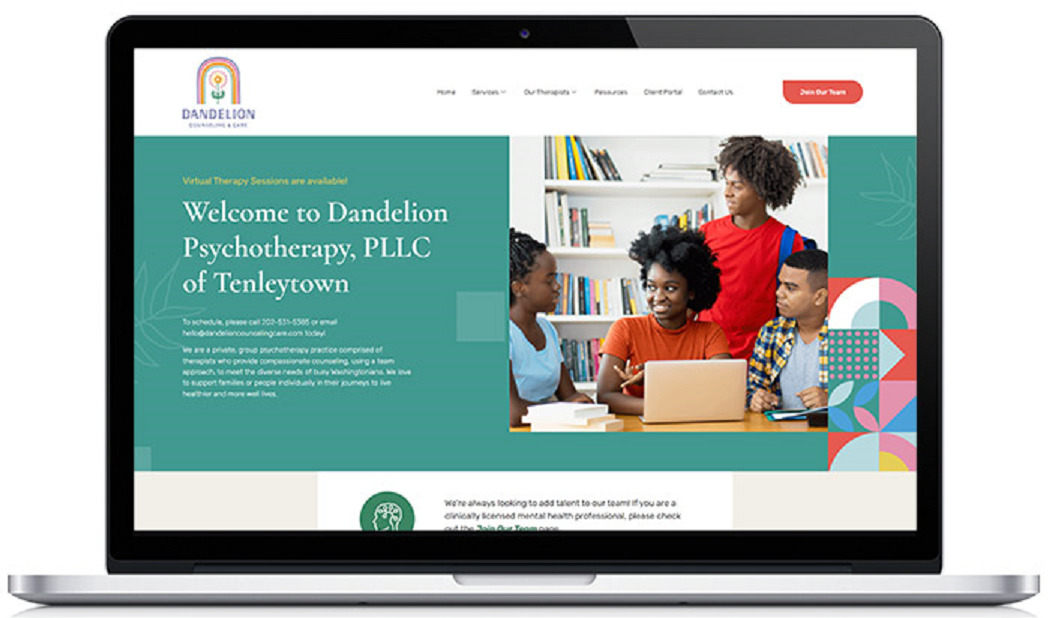How to create a free, mobile & SEO-ready psychologist / therapist website: Having an effective website is essential for any therapist looking to attract potential clients. A therapist website should provide potential clients with an insight into the services offered, provide information about the therapist, and showcase the therapist’s credentials and qualifications. By creating an engaging website, therapists can build trust among their clients and ensure that their services are well-represented online.
Benefits of a Therapist Website
Having an online presence is an excellent way for therapists to reach more potential clients. Having a website allows therapists to showcase their services and increase their visibility online. Additionally, a website can help to build trust with potential clients and demonstrate the therapist’s qualifications and experience.
Crafting an Engaging Homepage
The homepage of a website should be designed to be engaging and provide potential clients with a clear understanding of the services offered. It should include an appropriate headline, a brief description of the services provided, and a call-to-action. The homepage should also include a photo of the therapist to create a more personal connection.
Creating a Professional Profile
Having a professional profile on a website is essential for any therapist. It should include information about the therapist’s qualifications and experience, as well as a brief summary of the services offered. The profile should also include a photo of the therapist and contact information.
Optimizing Therapist Website for Search Engines
Optimizing a website for search engines is essential for increasing visibility online. Therapists should use relevant keywords in the title, description, and content of their website to ensure that it is easily discoverable by potential clients.
Showcasing Your Services
Therapists should make sure that their website includes a detailed list of services offered. This should include descriptions of the services, as well as any fees associated with them. Additionally, the website should include any information about payment options and insurance coverage.
Designing an Appealing Layout
The layout of a website is important for creating a positive user experience. Therapists should ensure that their website is easy to navigate and includes clear calls-to-action. A website should also be designed to be mobile-friendly, as many potential clients are likely to access the website from a mobile device.
Enhancing Your Brand
A website should be designed to reflect the therapist’s brand. This should include using a consistent color palette and font throughout the website, as well as incorporating the therapist’s logo. Additionally, the website should include any social media links and contact information.
Adding Testimonials
Testimonials are a great way to build trust with potential clients. Therapists should include testimonials from past clients on their website to demonstrate the quality of their services.
Incorporating Multimedia
Incorporating multimedia elements, such as photos, videos, and audio clips, can help to make a website more engaging. Therapists should include any relevant multimedia elements on their website to help potential clients get a better understanding of their services.
Establishing a Contact Form
Having a contact form on a website is essential for any therapist. This should include fields for the potential client’s name, email address, and a brief description of their needs. The contact form should also include a privacy policy and any relevant disclaimers.
Tailoring Your Content
Content should be tailored to the target audience. Therapists should ensure that their content is written in a clear and concise manner and addresses the needs of their target audience. Additionally, therapists should use relevant keywords to ensure that their website is discoverable by potential clients.
Tracking Your Website Performance
Tracking website performance is essential for any therapist. Therapists should use analytics tools, such as Google Analytics, to track website traffic and user behavior. This can help therapists to identify areas of improvement and ensure that their website is meeting the needs of their target audience.
RELATED: 15 TIPS FOR THERAPISTS, PSYCHOLOGISTS, MENTAL HEALTH PROFESSIONALS TO ATTRACT MORE THERAPY CLIENTS
Creating an effective website is essential for any therapist looking to attract potential clients. A website should be designed to be engaging and provide potential clients with an insight into the services offered. Additionally, a website should be optimized for search engines and tailored to the target audience. By following these tips, therapists can create an effective website that will help them to attract more potential clients.
Visit our YouTube Channel for more tutorials, tips & tricks. One of our recent website we at Slyce Media developed and currently doing SEO for is Atlanta Couple Therapy. Take a look at it and let us know if you would like us to design and/or, SEO and market yours as well.








